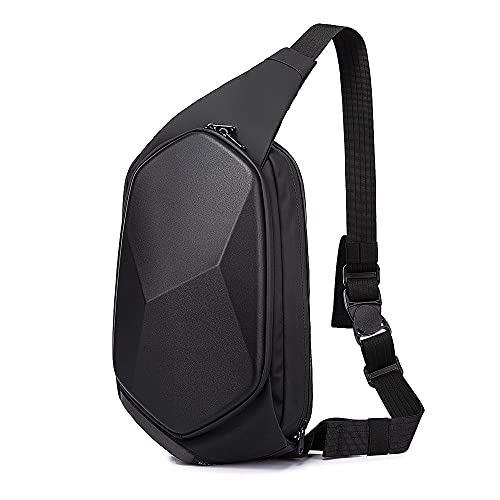If you want to avoid the iOS selections (and they are excellent if you can afford them), then consider the Nexus 7 or Nexus 10 (depending on the size you prefer). Both have very high marks for Android. The hardware is top notch and probably the single most competitive product against the iPad juggernaut (at this time).
So, do you want to create or consume content? If both, then a maybe one of the new hybrid ("transformer") laptops would fit the bill. Lenovo is an excellent product line and their new "IdeaPad Yoga" (4:15 in @
https://revision3.com/tekzilla/free-remote-desktop-chrome#rev3Player ) might be just the ticket. The screen hinge design seems more robust than some competitors' flip/twist/pivot designs. That would be in keeping with Lenovo's tradition of building sturdy systems (with good keyboards btw).
If you can wait, see what the Windows 8 tablets are like when they come out (avoid the Windows RT tablets that just came out since RT isn't Win8 and can only use apps you get through their app store (which is very limited)). The Win8 tablets will run standard windows programs when they come out later this year or early next year. It's not that you will definitely want a Win8 tablet but it will give you a chance to compare it to Android and iOS. The "Metro" interface (when used on a tablet) is very functional and possibly the most significant redesign by Microsoft since Windows 95 (when used on a desktop/laptop PC, the iOS-ification of the desktop by all manufacturers is questionable in it's roll as a content creator; regardless of if it's Apple or MS that's trying it).
The problem with trying to find a "good" tablet is that they end up costing as much (or nearly as much) as an iPad. So, if you're spending that much anyway, then why not get the best and the whole support infrastructure that comes with it.
Beyond that, the problem with tablets in general is that they aren't designed to "create" content, just consume it. Even with a Blue Tooth keyboard they are still not up to heavy lifting. If your intent is to read, watch movies, play music, surf the internet, and do e-mail, then that's fine. Sharing docs created on your main computer (though some shared cloud service) also works but long documents, graphics, etc. are still best served with laptop or desktop. The tech media is pushing mobile computing because it gives them something different to write about and that's interesting to them and draws eyes to their work. Consider the media focus on performance cars versus long haul trucks. In fact, some tech media is comparing the desktop/laptop to "trucks" and its obvious they plan to shift them to the back burner of their coverage. The trick for the reader is to not confuse that with some misguided ideas that they no longer have any roll to play at all.




















































